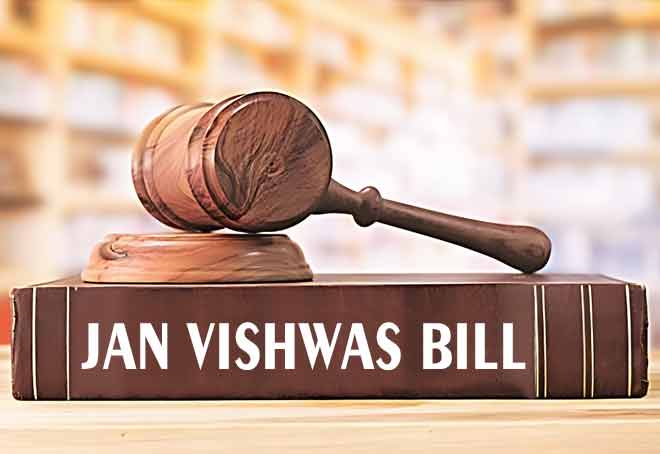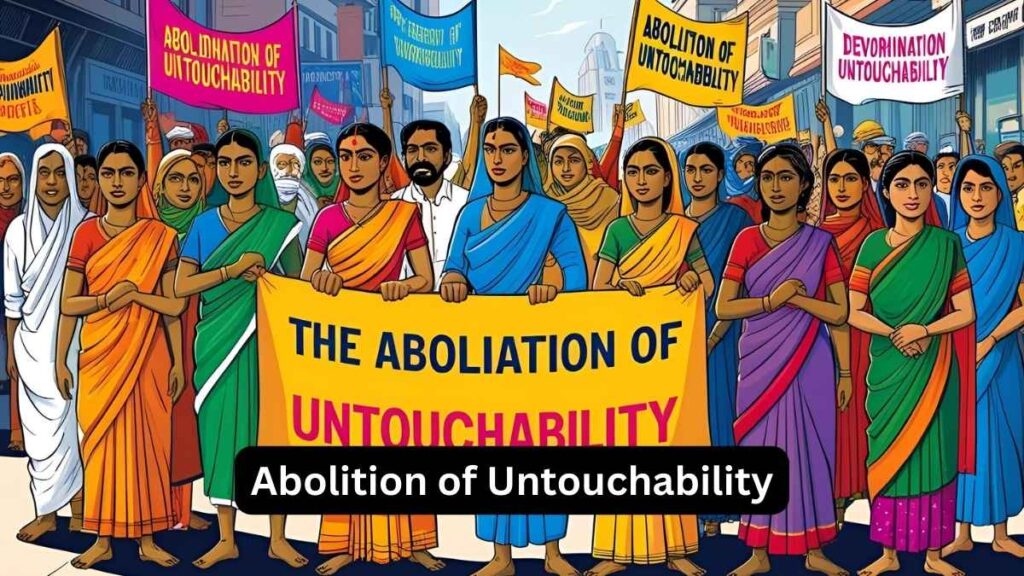The Fall of Justin Trudeau: A Turning Point for Canada and India-Canada Relations
Introduction – Fall of Justin Trudeau.
Justin Trudeau’s tenure as the Prime Minister of Canada has come to an end, leaving behind a legacy of both domestic and international challenges. His resignation, announced on a chilly January morning in 2025, has sent ripples through the political landscape of Canada and beyond, particularly in its relationship with India. Trudeau’s departure marks not just the end of a political career but also a potential turning point in the complex tapestry of India-Canada relations.
Rise and Fall of Justin Trudeau
When Justin Trudeau first ascended to power in 2015, he was hailed as a breath of fresh air in Canadian politics. His promise of “Sunny Ways” and progressive policies captured the imagination of many Canadians and garnered international attention. However, as the years passed, the shine began to wear off his leadership.
The economic situation in Canada post-Covid-19 played a significant role in Trudeau’s declining popularity. Many Canadians found themselves grappling with unemployment and a rising cost of living crisis. Trudeau’s handling of the pandemic left a large majority unimpressed, and his attempts to address these issues through what his critics called “political gimmicks” failed to resonate with the public.
The final blow to Trudeau’s leadership came when his long-time ally and deputy prime minister, Chrystia Freeland, abruptly resigned in December 2024. Freeland’s resignation letter strongly criticised Trudeau’s approach, particularly his response to the challenges posed by the United States under its new administration. This led to a cascade of political consequences, with parties like the New Democrats and the Bloc Quebecois withdrawing their support, which had been crucial in keeping the Liberals in power.
Domestic Challenges and International Pressures
Trudeau’s domestic troubles were compounded by international pressures, particularly from the United States. The new U.S. administration’s proposal to impose a 25% tax on imported Canadian goods created a “grave challenge” that Trudeau was perceived as ill-equipped to handle. This perception of weakness on the international stage further eroded his standing at home.
The Conservative opposition had been gaining ground over the past few years, with Trudeau increasingly viewed as a liability to the Liberal Party’s political fortunes. As unemployment rates soared and the cost-of-living crisis deepened, Canadians’ faith in Trudeau’s leadership continued to wane. Backbenchers began to desert him, fearing for their own political futures in the face of his declining popularity.
India-Canada Relationship: A Decade of Decline
Perhaps one of the most significant aspects of Trudeau’s legacy is the deterioration of India-Canada relations during his tenure. What was once a promising partnership, carefully nurtured by previous administrations, particularly under Stephen Harper from 2006 to 2015, quickly unravelled under Trudeau’s leadership.
The decline in India-Canada relations was swift and multifaceted. Trudeau’s approach to domestic politics, particularly his perceived courting of Khalistani extremists to strengthen his position, clouded his ability to view the relationship with the seriousness it deserved. This focus on India as a target to rally his party’s base had far-reaching consequences for bilateral ties.
One of the most contentious issues was Trudeau’s handling of individuals and groups that India considered extremists or terrorists. Despite India’s persistent requests for extradition of certain individuals, including Hardeep Singh Nijjar, Trudeau’s government repeatedly refused. At the same time, pro-Khalistan groups were perceived to be given free rein to spread what India viewed as hateful and violent rhetoric.
The situation reached a boiling point in September 2024 when Trudeau claimed that Canadian security agencies had credible evidence linking Indian government officials to the killing of Hardeep Singh Nijjar. This accusation led to a severe diplomatic standoff, including the expulsion of diplomats and suspension of visa services. The allegation was met with scepticism in India, where it was seen as a political manoeuvre rather than a genuine security concern.
Broader Context of India-Canada Relations
The deterioration of India-Canada relations under Trudeau is particularly striking when viewed in the context of the historical ties between the two nations. Both countries are democracies with shared interests in several key areas, including climate change, technology, and international trade. Moreover, Canada is home to a significant Indian diaspora, which has traditionally served as a bridge between the two nations.
The strategic partnership put in place in 2015 now lies in shambles, a casualty of Trudeau’s approach to both domestic and international politics. His unwillingness to understand Indian concerns and lack of sensitivity about Sikh separatism have done serious damage to the very fabric of India-Canada ties.
Challenges in Rebuilding Relations
Despite the opportunities presented by Trudeau’s departure, rebuilding India-Canada relations will not be without its challenges. The legacy of mistrust created during Trudeau’s tenure remains a significant hurdle. India remains sceptical of Canada’s willingness to address issues related to extremism and terrorism. The perception that Canada provides a safe haven for individuals and groups advocating violence against the Indian state continues to be a contentious point. Economic cooperation has also been affected.
Negotiations for trade agreements have stalled multiple times, reflecting differing priorities and approaches. Reviving these discussions will require sustained effort and mutual compromises, as well as a willingness to engage in constructive dialogue. Moreover, the broader public perception of each nation in the other’s media and political discourse has been negatively impacted by recent diplomatic conflicts. Repairing these narratives and fostering goodwill will require careful and deliberate efforts from both sides.
Opportunities for Collaboration and a New Chapter
Despite these challenges, there is considerable potential for collaboration between India and Canada. The departure of Trudeau, who had become synonymous with diplomatic challenges and strained ties, offers an opportunity to re-evaluate and potentially improve the relationship between the two nations.
A change in leadership in Canada could pave the way for a more constructive dialogue. A new Canadian administration might adopt a more balanced approach, addressing longstanding issues while seeking areas of mutual interest. This change also signals a possible shift in Canada’s foreign policy priorities, as the incoming leadership may aim to restore trust and rebuild relationships that have been neglected or strained.
Strengthening economic ties, in particular, offers significant mutual benefits. Canada’s rich natural resources and advanced technology sectors complement India’s developmental priorities and growing market. The cultural and educational exchanges between the two countries also offer a solid foundation for rebuilding relations.
Way Forward
For both countries, the path to better relations lies in adopting a pragmatic and forward-looking approach. Canada must address India’s concerns about extremism and terrorism, while India should remain open to understanding the domestic political and cultural dynamics of Canada.
Respect for each other’s sovereignty and interests will be essential in building trust and fostering a mutually beneficial partnership. The future of this relationship will largely depend on the willingness of Canada’s new leadership to adopt a more balanced and constructive approach. Rebuilding trust will require addressing longstanding concerns and demonstrating a commitment to shared interests.
Conclusion
Justin Trudeau’s resignation signals the end of a challenging period in both Canadian politics and India-Canada relations. While his tenure was marked by strained ties and unresolved issues, his departure provides an opportunity for both nations to turn the page. The scope for collaboration is vast, ranging from trade and technology to education and cultural exchanges. By focusing on these areas and fostering open communication, India and Canada can work towards a stronger and more resilient partnership.
This moment of change offers a chance for reflection and renewal. Both nations have much to gain from a constructive relationship, and the hope is that this transition will serve as a catalyst for meaningful change. As Canada prepares for new leadership and India watches with keen interest, the potential for a reset in bilateral relations is clear.
By prioritising diplomacy, mutual respect, and shared goals, India and Canada can move past the challenges of the Trudeau era and build a brighter future together. The resignation of Justin Trudeau may well be remembered not just as the end of a political career, but as the beginning of a new chapter in India-Canada relations.
Subscribe to our Youtube Channel for more Valuable Content – TheStudyias
Download the App to Subscribe to our Courses – Thestudyias
The Source’s Authority and Ownership of the Article is Claimed By THE STUDY IAS BY MANIKANT SINGH




